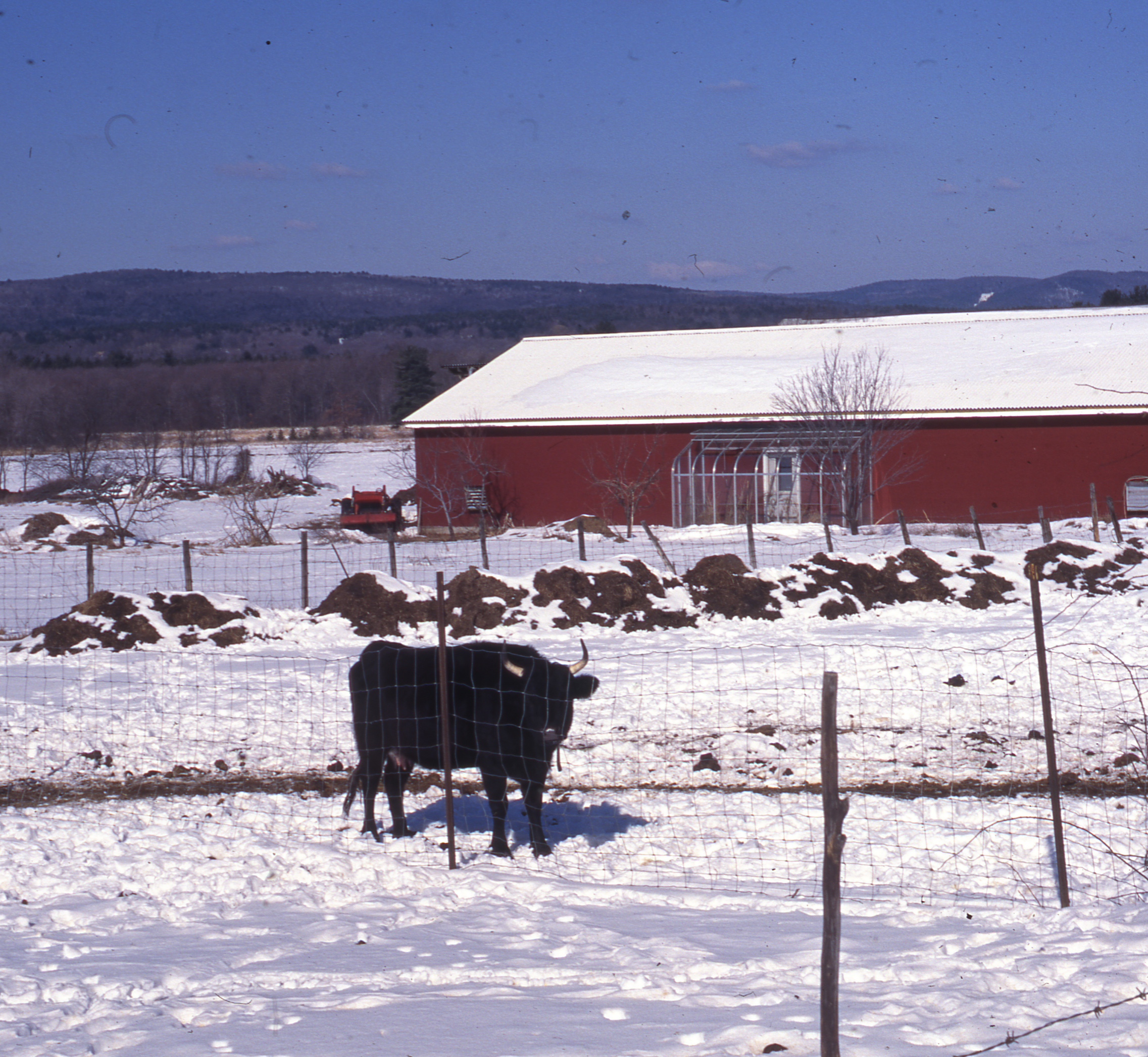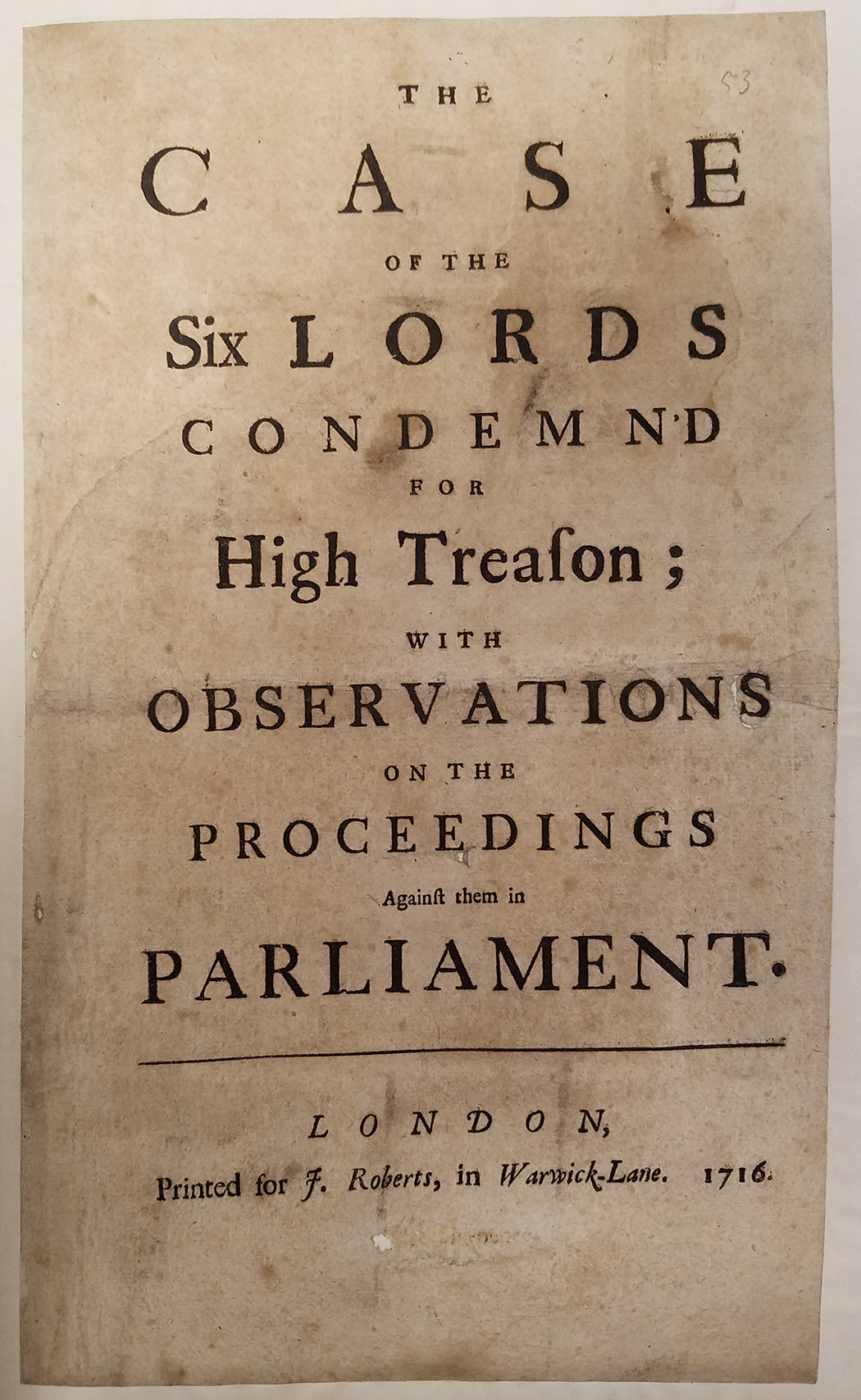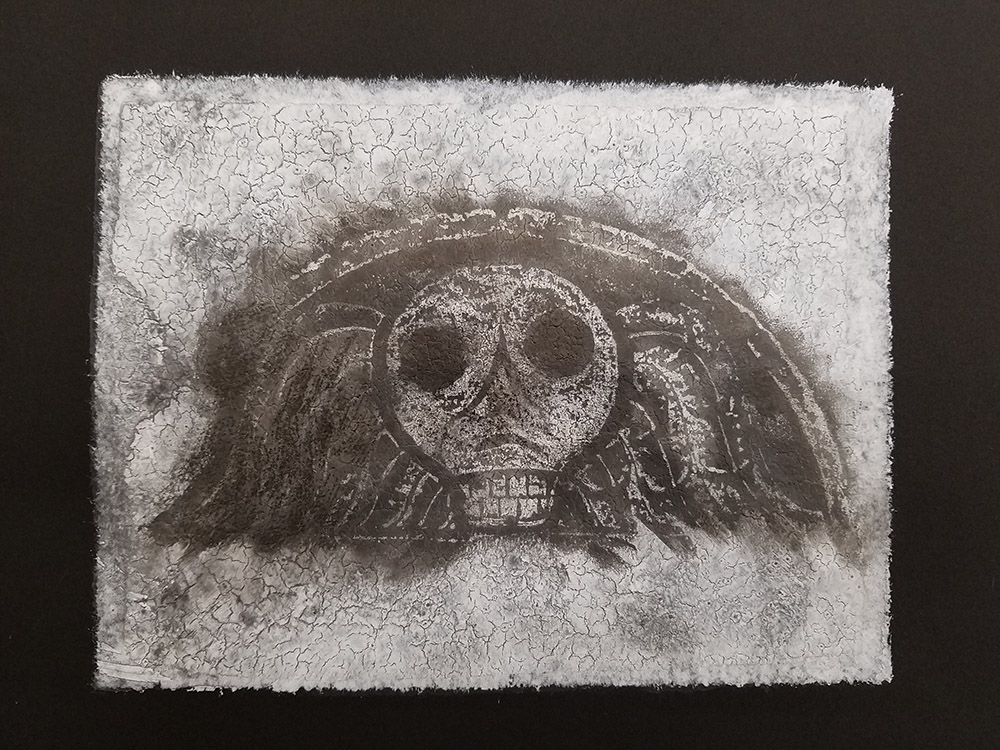University of Massachusetts Literary Society Collection
In 1955, the Literary Society of the University of Massachusetts and Professor H. Leland Varley received a grant of $5,800 from the Educational Television and Radio Center to produce a series of one-hour radio programs centered on a discussion of the impact of eight major American novelists from a European perspective. The subjects included Henry James, Sinclair Lewis, Thomas Wolfe, Ernest Hemingway, John Dos Passos, William Faulkner, and John Steinbeck (who replaced the original choice, John Marquand).
The collection is comprised of administrative documents, transcripts, and sound recordings relating to the Literary Society radio program, ‘As others see us.’ Moderated by a member of the UMass Department of English, each broadcast featured discussions by distinguished literary critics such as W.H. Auden, R.P. Blackmur, Perry Miller, Maxwell Geismar, and Renato Poggioli. Dos Passos, Faulkner, and Steinbeck participated in person. Also included is a related item from an earlier program sponsored by the Literary Society: E.E. Cummings reading Twelve Poems.




